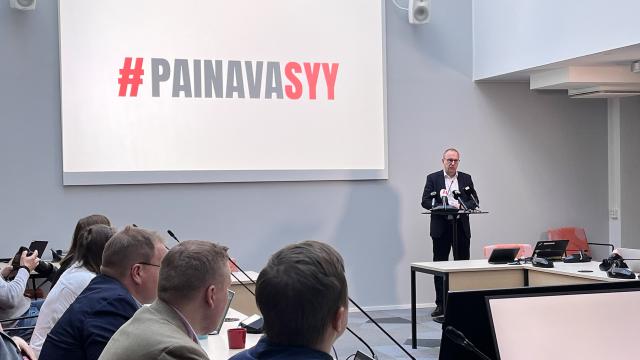Finnish industry has not lost its price competitiveness
He refers to statistics that offer no hard facts in support of the employers39 claims. The price competitiveness of the industrial sector has remained fairly stable throughout the 2000s, Antila reminds us in his column in Ahjo, the magazine of the Metalworkers' Union.
Serious problems in only two sectors
There are other factors that explain the fall off in exports. In two sectors there have been and are serious structural problems. These sectors are the electronics industry (Nokia and its subcontractors) which had enjoyed tremendous gains with the advent of the mobile telephone era, and the forest industry which used to be the leading export sector almost throughout the entire 20th century. Last year exports for the electronics industry reached only half the level of the years from 2006 to 2008.
The negative development in these two sectors is not due to a lack of price competitiveness but to the growth in markets centred outside of Europe, Antila stresses. Companies have reacted to this change by updating their strategies and moving jobs away from Finland.
Other industrial sectors have not suffered from the same kind of problems. Their inability to increase exports has mainly been caused by feeble international economic trends and a lack of foreign investment as a consequence of these trends.
Salary issues do not solve problems
"The employers' wrong-headed analysis has led to false conclusions in the employers' policy", Antila writes. Employers have focused mainly on wage and salary issues and on demands for all kinds of subsidies. "This sort of fiddling does not solve the problems of Finland's exports", he notes critically.
"Even now there are in the Finnish metal and engineering industry export companies that are doing well, based on good products and on well-considered investments. Labour costs have not obstructed their success."
Antila believes that key to success can be found in investing in companies' "production, activity, management and new opportunities". Unions are ready to cooperate with companies in this kind of search for success, he insists. He urges business leaders to create a positive and open atmosphere at work places instead of inciting pessimism.
News
 The Central Organisation of Finnish Trade Unions
The Central Organisation of Finnish Trade Unions


